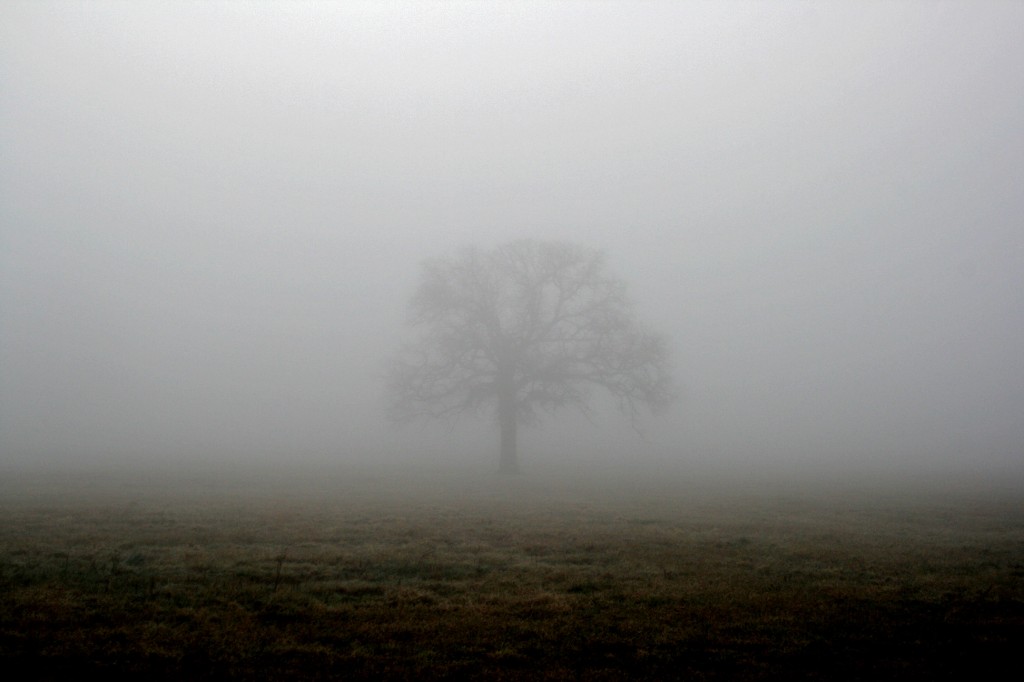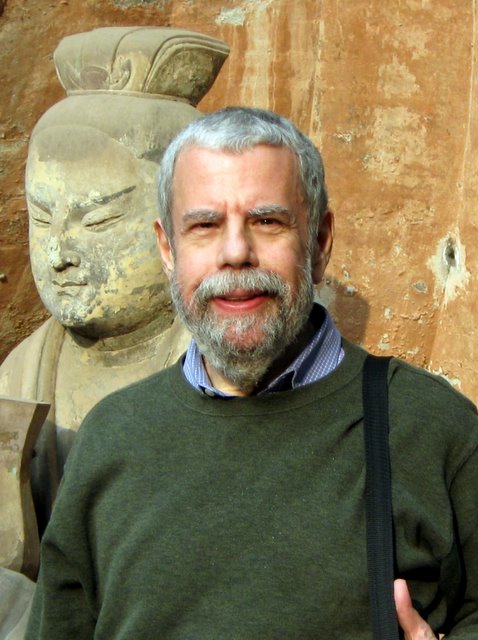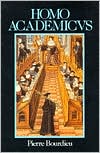
David Richter thinks that Alter has “skewered” Frye because Frye says that hebel or “vanity” in the KJV sometimes means “dense fog.” In the passage Alter has in mind Frye says, “We see by means of light and air: if we could see air we could see nothing else, and would be living in the dense fog that is one of the roots of the word ‘vanity’” (The Great Code 124). But there is nothing here that attributes the sense of “dense fog” to the author of Ecclesiastes. The point Frye is making has to do with mist or vapor, not density. He asks to us imagine a world in which we could see the air. The image for such a world would be fog or mist or vapor.
Shortly before this Frye has said, “This word (hebel) has a metaphorical kernel of fog, mist, or vapor, a metaphor that recurs in the New Testament (James 4:14). It thus acquires a derived sense of ‘emptiness,’ the root meaning of the Vulgate’s vanitas. To put Koheleth’s central intuition into the form of its essential paradox: all things are full of emptiness” (123). What is it here, in a passage that Alter conveniently ignores and that says nothing about density, that calls for skewering? It is well established that the literal meaning of hebel is “breath, breeze, vapor.” Tremper Longman III indicates that the word is usually used in a metaphorical way, signifying primarily either “meaningless” or “transitory” (The Book of Ecclesiastes [Grand Rapids, MI: Eerdman’s, 1998], 62). Frye’s “emptiness” (vanitas in the Vulgate) appears to me to embrace both primary meanings. A great deal of ink has been spilt over what the author of Ecclesiastes meant by hebel, including the claim that the word refers primarily to “nothingness” (J.E. McKenna, “The Concept of Hebel in the Book of Ecclesiastes,” Scottish Journal of Theology 45 [1992]: 19–28).
Some biblical critics agree with Alter that one of the primary meanings of hebel is “insubstantiality.” See, for example, Douglas B. Miller, Symbol and Rhetoric in Ecclesiastes: The Place of Hebel in Qohelet’s Work (Atlanta: Society of Biblical Literature, 2002) and André Barucq, Ecclésiaste (Paris: Beauchesne, 1968), 55–6. But not all agree. According to Michael V. Fox and Bruno Pennacchini, hebel means “absurd” (Fox, “The Meaning of Hebel for Qohelet.” Journal of Biblical Literature 105 [September 1986]: 409–27; Pennacchini, “Qohelet ovvero il libra degli assurdi.” Euntes docete 30 [1977]: 491–501). According to Edwin M. Good it means “incongruous” or “ironic” (Irony in the Old Testament [London: SPCK, 1965], 176–83). The point is that the literature on the meaning of hebel is extensive, and it illustrates that Alter’s confident assertion about wispiness is open to debate––which is why it has been translated in so many different ways: vain, vanity, emptiness, nothing, futile, futility, meaningless, incomprehensible, incongruous, ironic, nothingness, and transitory, among others.
I think Michael Happy is right in saying that to focus on minutiae is to miss the point, but even the minutiae need to be fairly assessed.


